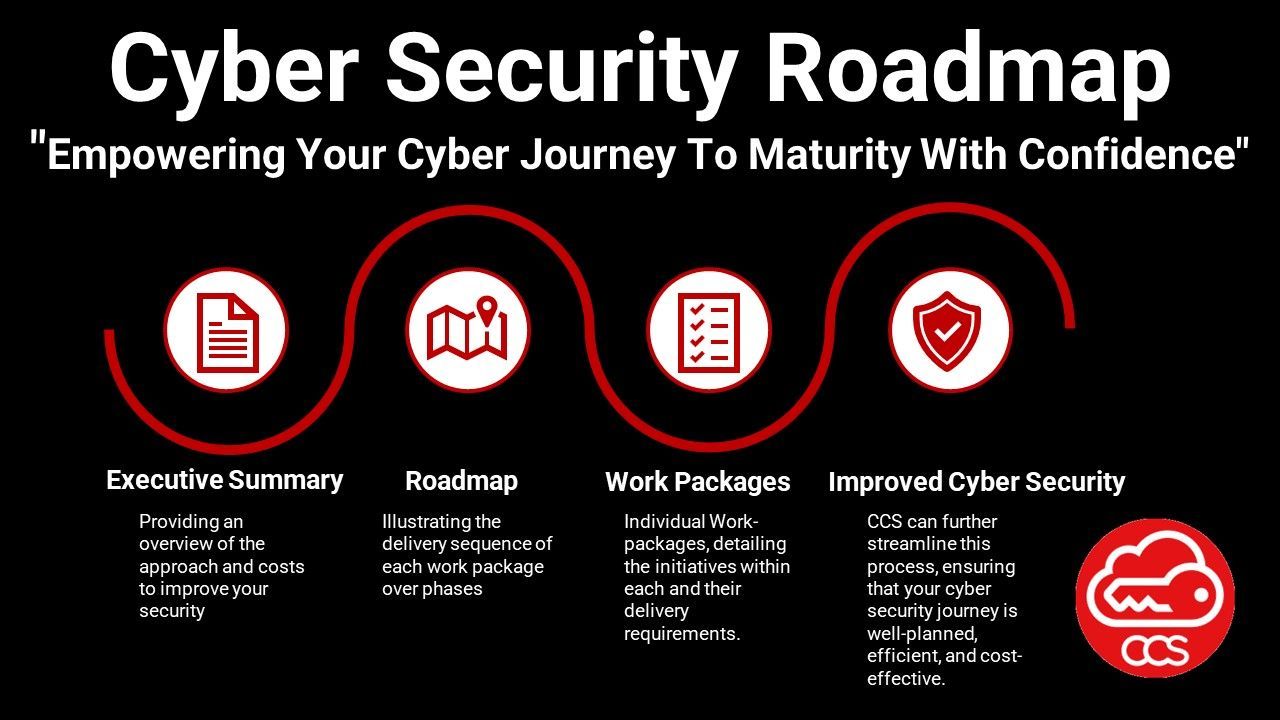Cyber Security Posture Review (CSPR)
Understanding your cyber security posture should be essential to any organisation because it helps you understand the level of security you have in place to protect against cyber threats. By knowing your cyber security posture, you can identify potential weaknesses or vulnerabilities that attackers could exploit and take steps to address them before an attack occurs.





